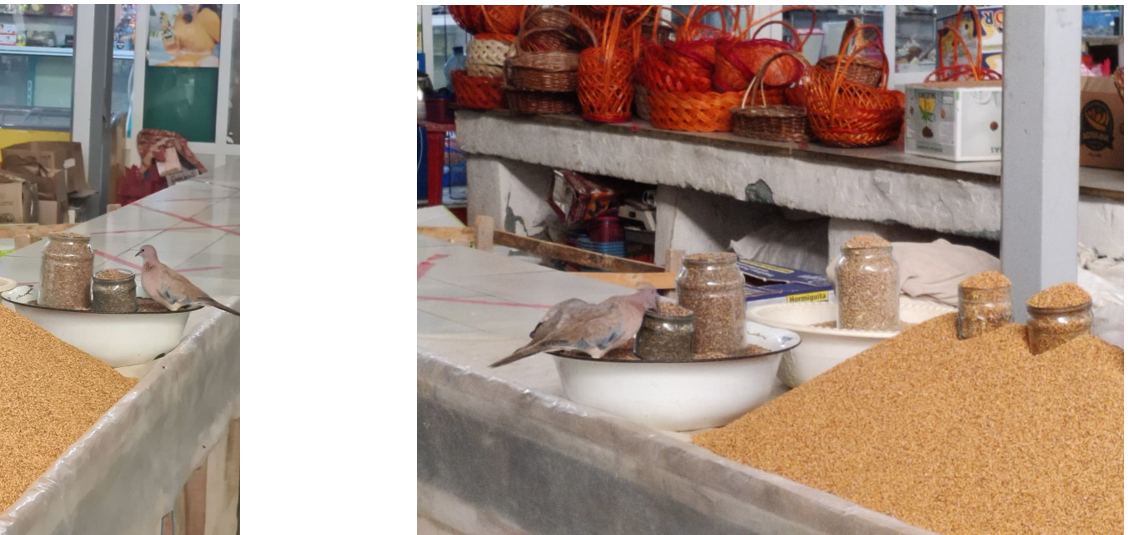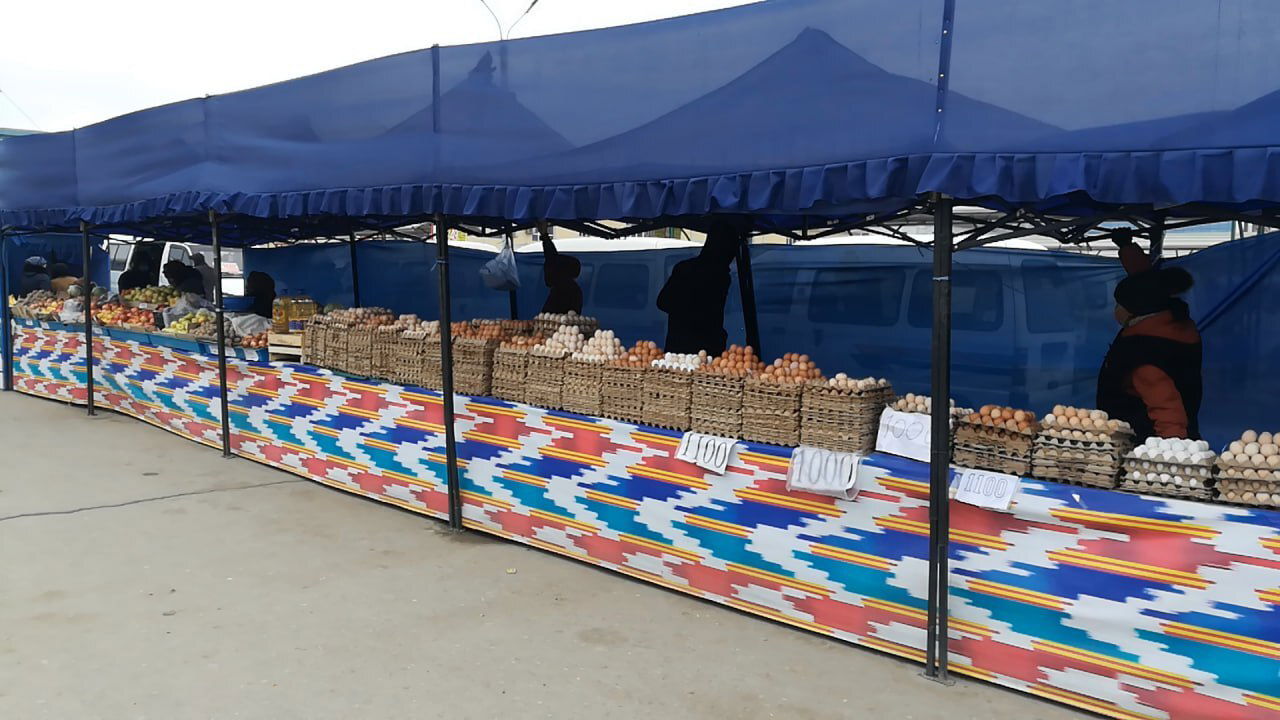White Underwear, and Cleanliness!
One indisputable advantage of being a part of a big family is that you always have enough laundry to separate by colours. Especially if one of the children produces enough dirty laundry for three. “Jenny, I just gave you a clean towel yesterday. Do you really think it needs washing today?”
“Yes! You don’t understand! It’s dirty.”
In those years the bottom of our dirty laundry hamper seldom enjoyed daylight. I lost that advantage the year Dave and I became International teachers and our family was reduced to a tribe of two. I pay for it with most of my whites turning gray way before they are due. That’s why I get easily excited with each purchase of pure white underwear. I know its days are numbered so I cherish it while it lasts and gaze at it lovingly for a while each time before slipping it on.
Dave’s choice of colours usually alternates between black and shades of gray, so his clothes are not much help when I want to increase the load of lights. I am ecologically-minded enough to want to fully utilize the washing machine, but not enough to handwash those few light garments I have. The struggle to do the right thing is constantly clashing with my natural laziness and causing me unnecessary headaches. Something had to be done. I realized that the solution to my dilemma lay in somehow increasing the load of lights. Since that ‘Eureka’ moment, the cleanliness of my bedding rivels that of a five-star hotel. It gets washed more often than a lot of people I know.
I will always associate September in Uzbekistan with improbably sweet grapes, which are apparently one of the chief export items, and groups of equally improbably bright and shiny young people. Beside our school is a local university where I frequently take my evening stroll. It’s usually just after five, the time that many university students start streaming out of several impressive looking buildings. I love the site of all these young people wearing their blindingly white shirts and blouses. They all look like they just stepped out of a Tide commercial. Often, as they pass me, they greet me, probably assuming that I am one of the visiting profs. I bask in the afternoon sun and their palpable respect.
Outside the university grounds I see schoolgirls with white baseball-sized bows adorning their hair. They giggle when they pass me and occasionally shyly try their ‘Hello.’ All Uzbek school children wear uniforms. The uniforms are generally a very standard type; white top, dark skirt or trousers, and usually a tie. But there are several schools in our neighborhood that went one step further by attaching an unfortunate addition to their uniforms. It is a laced apron over a dark skirt. It reminds me of aprons associated with French maids. If I could make one desperate recommendation to the school uniform designer, it would be: “Lose the apron. Fast!”
The irrigation canals and ditches that weave through Nukus like threads in a tapestry serve not only to fetch valuable water for all the greenery, but they are also a source of water for birds and stray dogs. I actually once saw a young fellow walking his dog on a particularly hot day, with the dog wading his way along in the ditch to cool off! Aside from these predictable uses, I discovered other, more unexpected, applications of this brown water. The side of the road running next to the ditch by our school is occasionally turned into an impromptu car wash station. The taxi drivers carry a bucket and a rag with them, and I saw them many times parked on the side cleaning their cars with the canal water. We were in Tashkent when it struck me. “Look Dave! A real car wash!” I had not realized ‘til that moment that I had not seen a proper car wash in Nukus.
Recently, while walking, I also noticed young women polishing their shoes with paper napkins dampened with ditch water. I was curious what they were going to do with their used paper towel. I was not exactly stalking them, but if they happened to go in the same direction as me, I did pay a close attention to the fate of the dirty paper towel. Invariably, they found a garbage bin to dispose of it. Considering that Uzbekistan is a developing country with limited resources, the state of cleanliness in Nukus is quite admirable.
But the ultimate was the quite unexpected level of cleanliness I found in the Tashkent subways. They are kept spotless! Coming from North Americ,a where graffiti vandalism is often attempting to pass as an art form, and Europe, where dark corners of public places are sometimes confused for urinals, this state of almost pristine cleanliness seems almost weird. Add to this their lavish design and the effect is quite memorable.
In Nukus, the litter is kept at bay with armies of street cleaners assuring a clean city and low unemployment. The problem no army of cleaners can handle, however, is the dust. Nukus is in the middle of nowhere. It’s situated on a dusty plane with frequent windy days. No wonder those young people occasionally feel the need to clean their dusty shoes. Recently, on one of my wanderings, I saw a mannequin in front of a store sporting a dirty T-shirt with stains making you think he just arrived from a grueling camping trip. At another time, I saw a female mannequin chained to the railing of the store like an unwilling bride, so she would not take off with the first gust of wind. She was wearing a wedding dress that was gray with dust. It looked like the mannequin bride had just survived a major sandstorm. I could not read the message by these displays, but I sure hope it was offering 2 for the price of 1; if you buy two, one of them will be clean. And that’s a promise.
I am a stickler for cleanliness even under normal circumstances, when buying my food all sanitized and pre-packaged, but here I take my little idiosyncrasy ‘clean it till it bleeds’ to new levels. I can trace my concern about hygiene to a picture Dave took at the market. In it is a pigeon sitting on a huge pile of millet, like the fat proprietor of a fast food stand. The actual owner of the various grains displayed in large piles on the counter was busy with a customer with his back turned to the feathered thief eating into his profits. Literally! Since that time, I wash everything I purchase excessively. Sometimes I scrub the veggies so vigorously, I think I can hear them calling for mercy, “Enough! Can’t you see I am disappearing?”

My desire to buy millet for the first time came as a result of one of my idle Internet searches. It started innocently enough with me wanting to know more about a hammer toe. And as happens so often with unrestricted Internet access, I arrived at 7 ancient grains, many of them unpronounceable, via warts, joints, pomegranate and finally millet. Millet was one of the grains that was easy to pronounce and the benefits of it seemed to compliment the buckwheat and lemon by which I swear, so I decided to see if I could find it in Nukus. The very first time I went to the market on that mission, I had the word for millet written down in Russian and Uzbek since I had no idea what it looked like. The picture I found on the Internet looked more like something you feed to chickens. When I found the stall with a lady reigning over a large variety of grains, most of them un-known to me, I pulled out the paper with the translation. She pointed to one pile. A lady in her fifties stood in front of it, waiting for an assistant to finish filling a plastic bag with enough grain to satisfy a flock of chickens for a week. That was millet and my introduction to it.

“You like it, yes? You eat it?” I pointed to her bag. I wanted to be absolutely sure I was not about to buy a bird feed accidentally.
The woman nodded with a broad smile. “It’s good for children.”
It was my turn to nod. “Porridge, yes?”
“Yes, makes them strong.” Well, if it’s good for children, it’s good for me, I thought as I was pecking at my millet porridge laced with honey. It was delicious. And Dave likes it too! It’s healthy and he likes it … it’s a definite keeper.